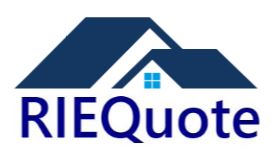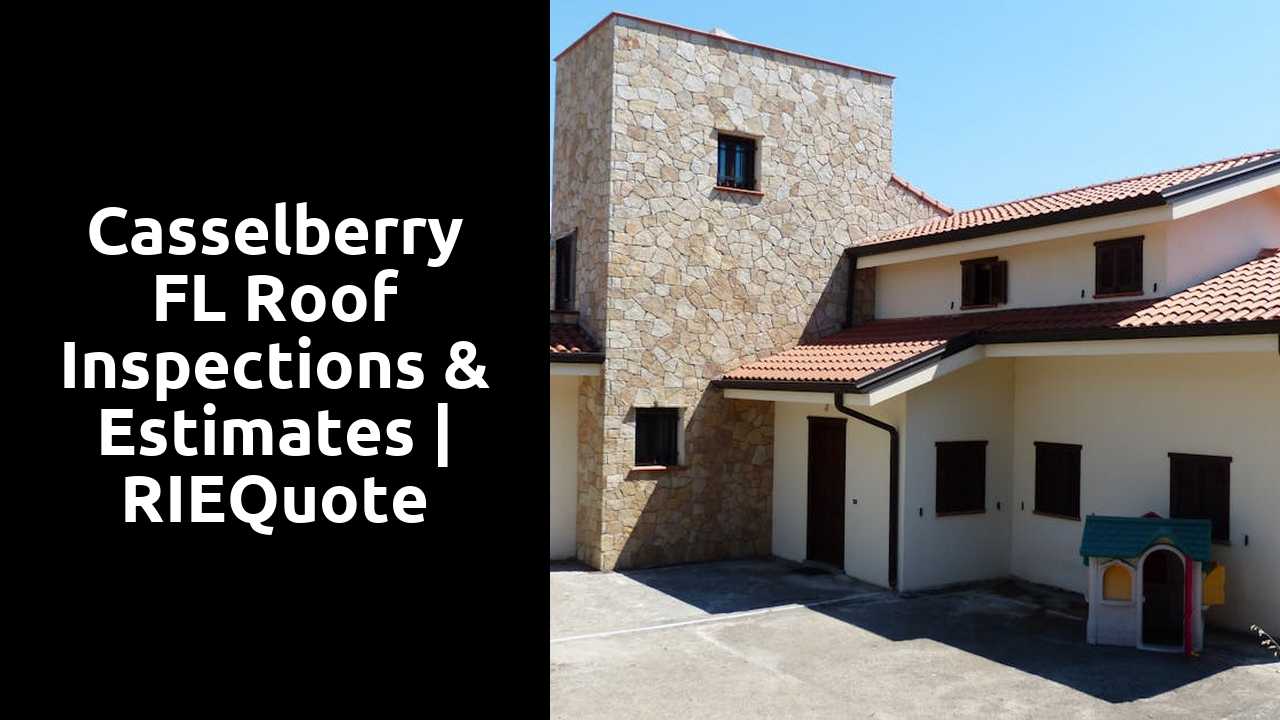Types of Roof Inspections Available
Various roof inspections serve different purposes and can help homeowners or business owners maintain the integrity of their structures. A standard roofing inspection typically covers visible signs of wear, leaks, and overall condition. This type of inspection can be essential in identifying potential issues before they escalate into costly repairs. Additionally, specialized inspections focus on specific roofing types, such as flat, tile, or metal roofs, each requiring a tailored approach to assess unique vulnerabilities.
In addition to routine inspections, comprehensive evaluations are available for clients dealing with severe weather impacts or long-term wear. These assessments often involve more detailed examinations, including an assessment of the roofing materials, flashing, and drainage systems. Such evaluations provide crucial insights on how to extend the roof’s lifespan. Clients can also opt for pre-purchase inspections, which offer essential information before buying a property. Each inspection type helps prioritize maintenance and potential repairs, ensuring the roofing system’s longevity and reliability. REIQuote Casselberry FL
Preparing for a Roof Inspection
Preparing for a roof inspection involves several important steps to ensure that the process runs smoothly. Homeowners should clear any debris from gutters and roofs to allow for a thorough evaluation. Identifying and addressing potential problem areas, such as loose shingles or rusted vents, can also be beneficial. This proactive approach facilitates a more accurate assessment during the roof inspection, allowing professionals to identify issues that may require immediate attention.
- Make sure to take photos of any areas of concern on the roof prior to the inspection.
- Check the weather forecast to ensure favorable conditions for the inspection day.
- Ensure pets are secured or kept away from the inspection area to avoid disruptions.
- Review the insurance coverage related to your roof to understand what is included.
- Prepare a list of questions to ask the inspectors during or after the evaluation.
- Confirm the appointment date and time with the inspection team a day before the visit.
- Set aside a designated area for the inspectors to conduct their assessment safely.
Casselberry Roof Inspection FAQS
What are the different types of roof inspections available in Casselberry, FL?
In Casselberry, FL, we offer several types of roof inspections, including routine inspections for maintenance, pre-purchase inspections for prospective homebuyers, and damage assessments following storms or adverse weather conditions.
How do residential and commercial roof inspection services differ?
Residential roof inspection services focus on individual homes and may include inspections of shingles, flashings, and gutters. In contrast, commercial roof inspections often involve larger roofing systems, such as flat roofs, and may assess structural integrity and drainage systems.
What steps should I take to prepare for a roof inspection?
To prepare for a roof inspection in Casselberry, FL, ensure your roof is accessible, clear any debris from the roof and gutters, and provide the inspector with any known issues or previous inspection reports.
How long does a roof inspection typically take?
The duration of a roof inspection can vary depending on the size and complexity of the roof, but most inspections in Casselberry, FL, take about 1 to 3 hours to complete.

